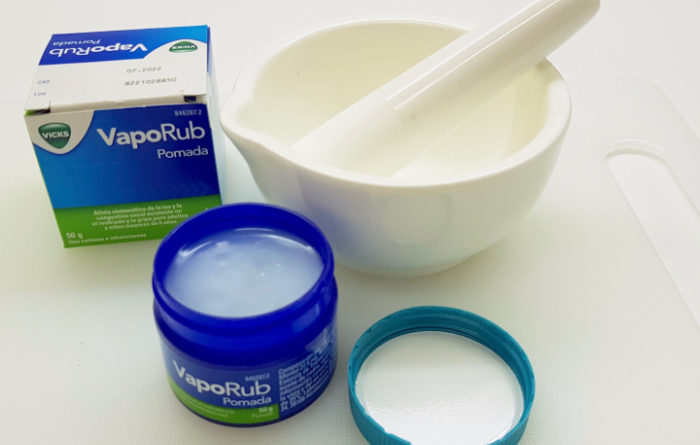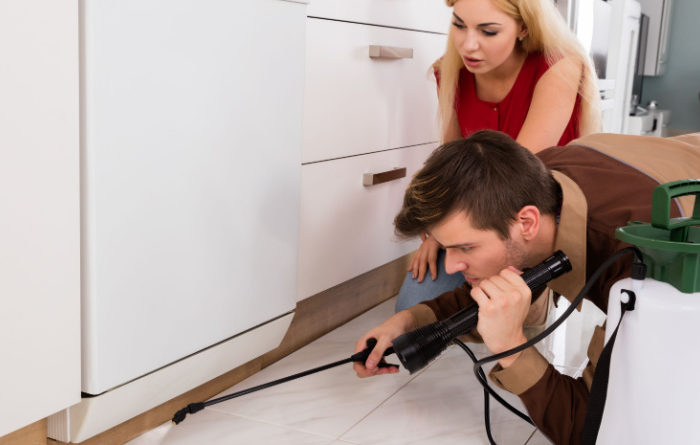How do I know if I have a roach infestation?

It is safe to say that if you see any roaches in your home, you probably have a roach infestation. While technically, it could be possible that the roach you see is the only one, experience has taught me that this is rarely the case. If you see one, you have many and should start taking steps to identify the species of roach and perform treatment accordingly.




Leave a Comment